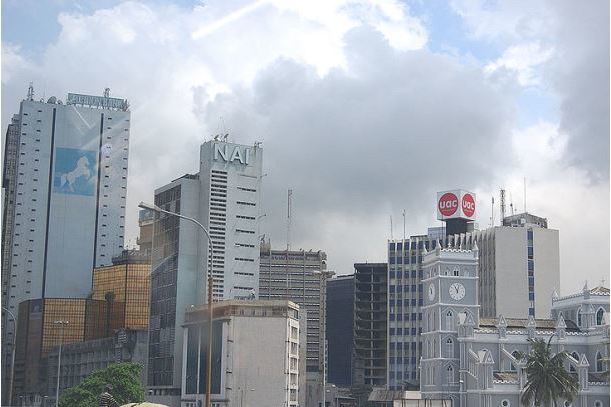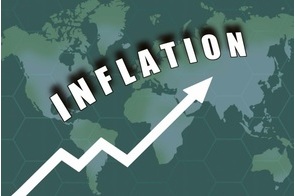Latest News
Nigeria GDP grows by 1.95 percent in Q1 2018

News Highlight
The non-oil sector grew by 0.76 percent in real terms.
Nigeria’s Gross Domestic Product (GDP) report for Q1 2018 released, yesterday, by the National Bureau of Statistics (NBS) shows that the GDP grew by 1.95 percent year-on-year in real terms.
Compared with Q1 2017 figure of -0.91 percent, this represents 2.87 percentage points growth. On a quarter-on-quarter basis, however, there was a decline of -0.16 percent points from 2.11 percent recorded in the preceding quarter. GDP growth was -13.40 percent, QoQ.
The NBS noted that oil production estimates for Q3 and Q4 2017 have been revised and oil GDP for those quarters have been adjusted accordingly.
Aggregate GDP stood at N28, 464,322.01 million for Q1 2018. Compared with Q1 2017 nominal GDP aggregate of N26, 028,356.03 million, this presents a positive YoY nominal growth rate of 9.36 percent. This rate of growth is, however, lower by -7.70 percent points relative to 17.06 percent growth recorded in Q1 2017, but higher than the preceding quarter by 2.14 percent points at 7.22 percent.
In the oil sector, YoY, real growth was 14.77 percent in Q1 2018, representing an increase of 30.37 percent points relative to the rate recorded in Q1 2017. QoQ, the oil sector grew by 13.24 percent in Q1 2018. And it contributed 9.61 percent to total real GDP in Q1 2018, up from 8.53 percent recorded in Q1 2017 and 7.35 percent recorded in Q4 2017.
In the period under review, Nigeria recorded an average daily oil production of 2.0 million barrels per day (mbpd), higher than the daily average production recorded in Q4 2017 by 0.05 mbpd and 0.25 mbpd higher than Q1 2017 production, which recorded an output of 1.75 mbpd.
The non-oil sector grew by 0.76 percent in real terms, which is 0.04 percentage points higher compared to the rate recorded in Q1 2017, but 0.70 percentage points lower than the preceding quarter. In real terms, the non-oil sector contributed 90.39 percent to the nation’s GDP in Q1 2018, lower than 91.47 percent recorded in the corresponding quarter of 2017 and 92.65 percent recorded in Q4 2017. The non-oil sector was driven mainly by agriculture (crop production); other drivers were financial institutions and insurance, manufacturing, transportation and storage and information and communication.
According to NBS data, since Nigeria -- the largest economy in Africa -- exited recession in Q1 2017 with the help of increased oil production and prices, improvements in foreign exchange liquidity and non-oil activity, this will be the fourth quarterly consecutive positive expansion.
Related News
Latest Blogs
- Historical insights for Nigerian Cabotage Vessel Financing Fund
- Rethinking Nigeria's development for people-centred outcomes
- Moving from prohibition to regulation, what’s next for crypto in Nigeria?
- The way out of Africa’s unsustainable debt and underdevelopment
- The Tah Doctrine: A presidential mandate for Africa’s next chapter
Most Popular News
- Artificial intelligence can help to reduce youth unemployment in Africa – ...
- Valor Hospitality announces two deals in Nigeria, Senegal
- AWIEF opens nominations for 2025 awards for Africa’s women entrepreneurs
- African Development Bank elects Sidi Ould Tah ninth president
- GenAI to mostly transform and not replace 25% of exposed jobs
- Global space economy market to surpass $511 billion in 2029









